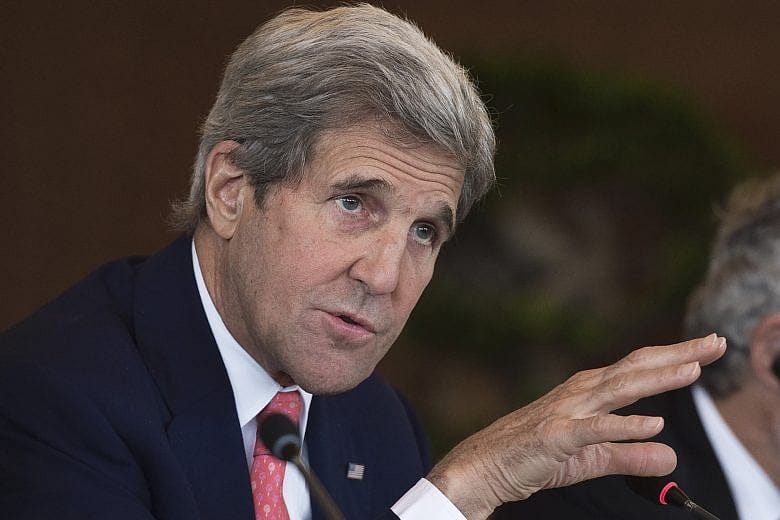Iran nuke deal offers a model for North Korea, Kerry says

(CNSNews.com) – The "successful" achievement of a nuclear deal with Iran provides a "model" for how the international community should deal with North Korea, U.S. Secretary of State John Kerry said Monday in Beijing.
He was speaking on the same day the International Atomic Energy Agency reported that satellite imagery appears to confirm the Kim Jong-un regime in North Korea has resumed operations at a previously disabled facility that reprocesses plutonium.

